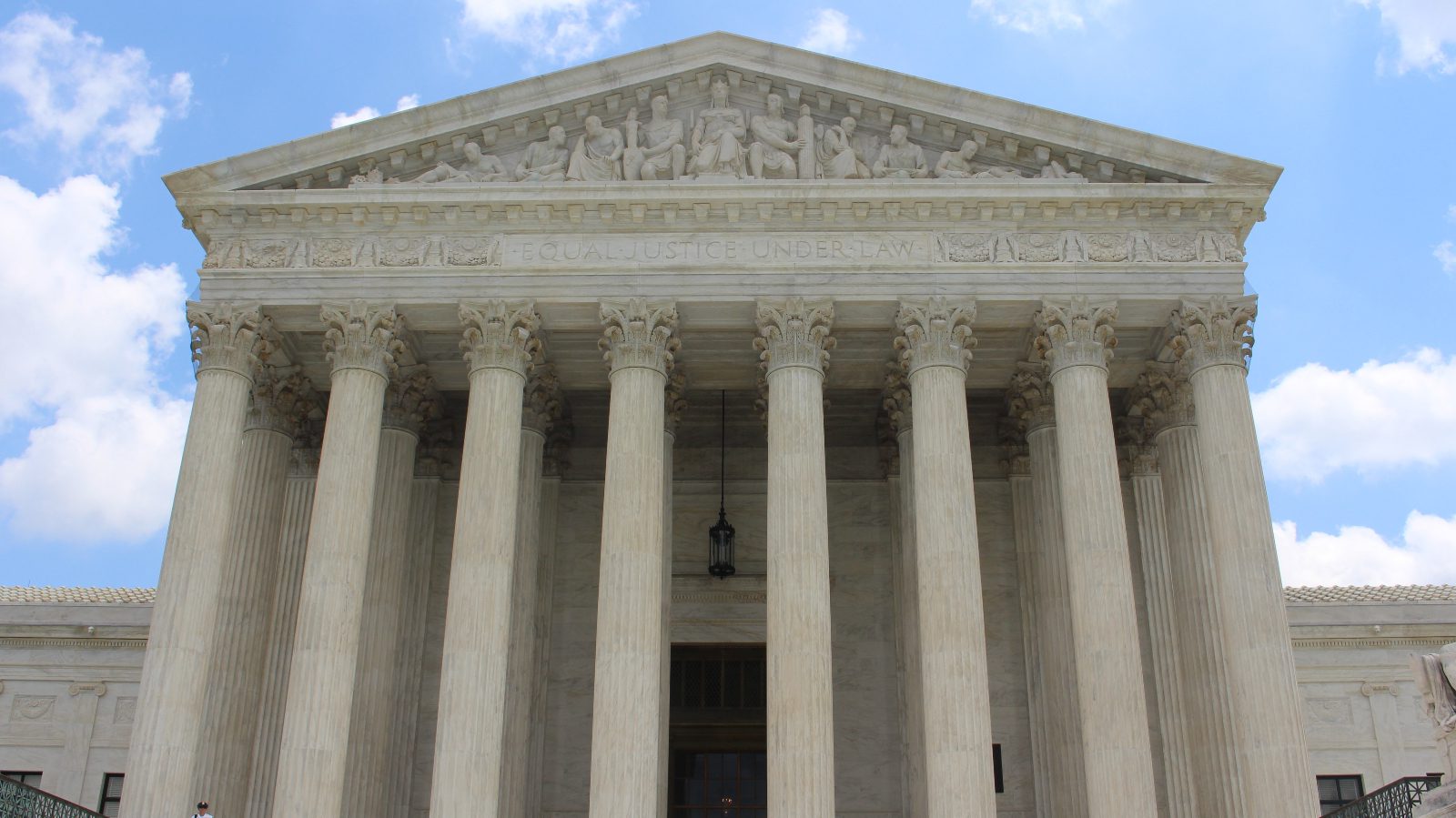Last weekend, US Supreme Court Justice Antonin Scalia passed away, and with him we lost one of the greatest legal minds America has ever had.
Justice Scalia was a textualist, meaning he applied the text of our constitution and statutes passed by Congress as they were written. He understood that if the American experiment – which has yielded unprecedented peace and prosperity – is to continue, the rule of law must prevail over the desire to rule based on emotion. As to the question of a “moderate” view of interpreting the constitution, Justice Scalia asserted “What is a moderate interpretation of the text? Halfway between what it really means and what you’d like it to mean?”
Likewise, Justice Scalia was often critical about the court removing constitutional protections for targets of investigators on the basis that the technology involved was new. In a case involving texting, Justice Scalia asserted that “The-times-they-are-a-changin’ is a feeble excuse for disregard of duty”. He saw, correctly, that our rights don’t erode just because an unforeseen technology is developed, something we expect to see the courts grapple with again and again during our lifetimes.
Justice Scalia firmly believed that one of the duties of the court is to establish clear rulings for the nation to understand, not vaguely worded opinions that confused citizens and judges alike. In one case, Scalia dissented with gusto: “The Court must be living in another world. Day by day, case by case, it is busy designing a Constitution for a country I do not recognize.” He further criticized the court for subjecting citizens to “…endless, uncertain, case-by-case, balance-all-the-factors-and-who-knows-who-will-win litigation.”
In fact, Justice Scalia may be better known for his dissents than his opinions. In dissenting, he once noted, there is no court to persuade, only history. Many lawyers have told me Scalia’s dissents were as formidable in molding their legal thinking as the opinions of the court. There is even a book about his dissents.
In this, Justice Scalia followed a tradition of powerful dissents, including an 1896 case, where the court ignored the text of the Constitution and decided to make up a legal justification for blatant racial discrimination that threw our nation into decades of terrible oppression and division. The dissent, written by Justice John M. Harlan still reverberates today, and one suspects that many of Justice Scalia’s dissents may be as powerful and persuasive as his most important opinions.
Justice Scalia firmly believed in clear writing, going so far as to write books on the matter of interpretation of constitutional and statutory text. Clear writing and clear thinking go hand in hand, both of which were evident in his opinion in a case regarding the interpretation of the Second Amendment’s text. Here, Justice Scalia shot down the opposing view with a devastatingly effective use of applying their logic in an example: “It would be rather like saying ‘He filled and kicked the bucket’ to mean ‘He filled the bucket and died’. Grotesque.”
Scalia’s textualist approach also attempted to preserve our rights to free speech. In one case, he reminded us that in a democracy, there is no such thing as too much speech. Reading the text is about as much as what is written as what is omitted, he noted in that case:
“If the Bill of Rights had intended an exception to the freedom of speech in order to combat this malign proclivity of the officeholder to agree with those who agree with him, and to speak more with his supporters than his opponents, it would surely have said so.” (emphasis mine).
It isn’t just lawyers that can learn from Justice Scalia’s clear and concise writing. While his book on persuading judges is obviously focused on those in the legal field, the advice he dispensed can help anyone in any industry persuade others.
Justice Scalia did all of this in great stride and with great enjoyment. In fact, he came in first with the most questions and comments that caused observers to laugh out loud during oral arguments, according to two separate studies. Justice Scalia’s long life was filled with God, family, spearheading a successful effort to restore textualism in the American legal system, and laughter. We should all be so fortunate.


























